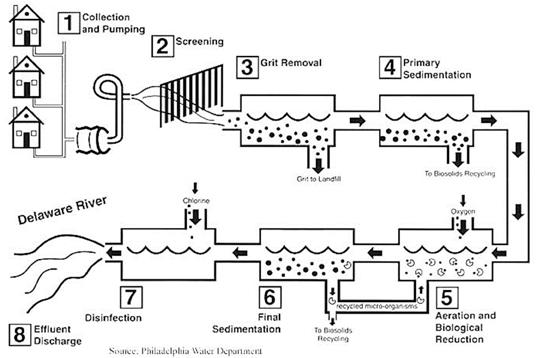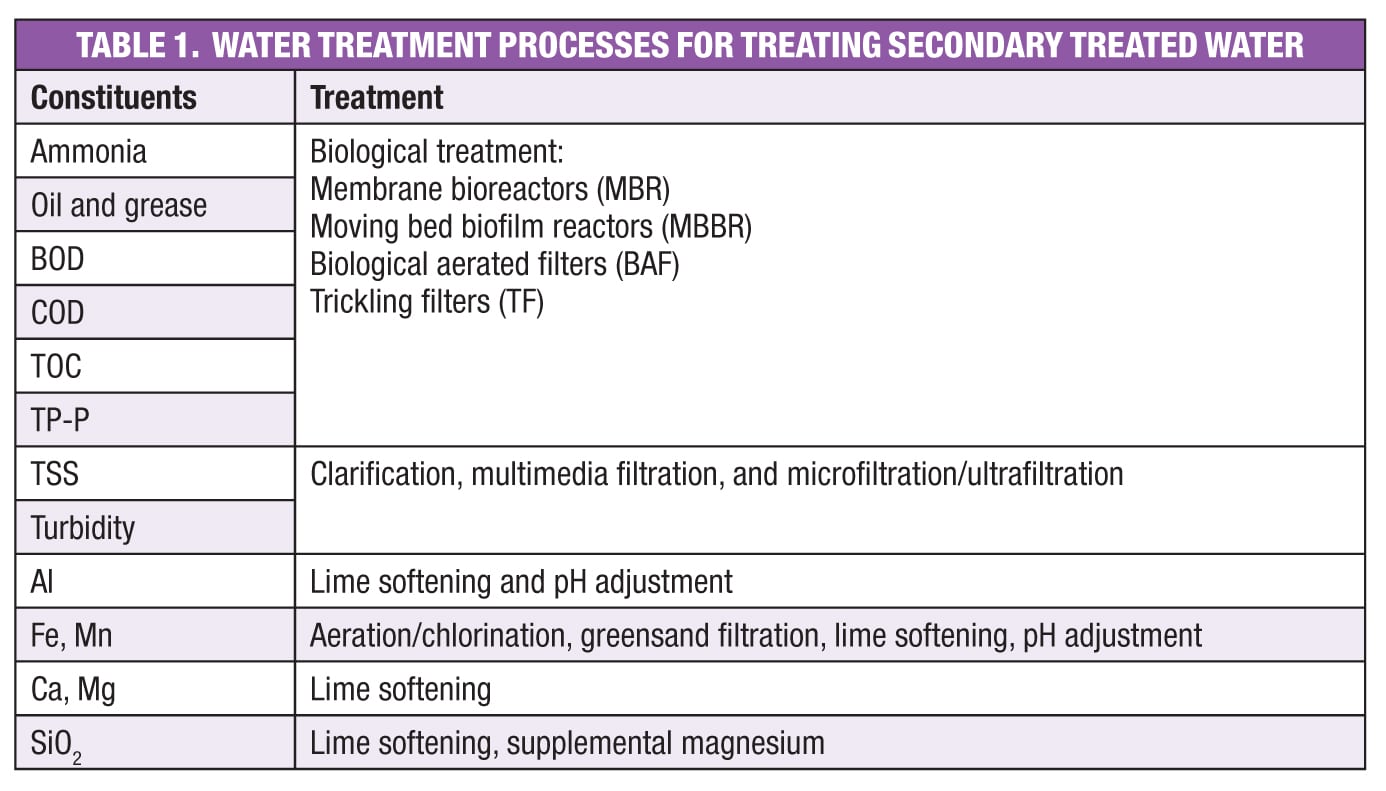This study has shown that water lettuce based waste stabilization ponds can be used for effective and economical treatment of wastewater from rubber processing industries.
Wastewater treatment rubber processing.
The key factors evaluated in here comprised the following.
Provided in 1995 lonholdt and andersen 2005.
In this commentary the process performance of natural rubber processing wastewater systems was evaluated and compared.
The type of wastewater the prevention of system clogging by coagulated rubber and the reduction of greenhouse gas ghg emissions.
A serious threat of rubber wastewater is high concentration of ammonia in this effluent.
It contributes to undesirable eutrophication 3.
Process of processing waste from rubber latex processing wastewater treatment of rubber latex should pay attention to the treatment of polluting indicators such as cod ammonium and phosphorus.
In addition both ghg emissions and power consumption need to be reduced in wastewater treatment.
Malaysian rubber industry table 4.
244 j adv environ health res vol.
Schematic and photo of an ozonation pilot scale.
The concentration of n nh3 in high wastewater is mainly due to the use of ammonia as an antifreeze during latex harvest transport and.
The wastewater samples used for chemical oxygen demand.
Rubber processing industry biological treatment biological oxygen demand bod chemical oxygen demand cod wastewater collected from rubber processing industry was characterized for their pollution characteristics.
Wastewater treatment systems have been adopted by.
Water treatment tank sludge collected at the treatment can be recycled back as dry rubber raw materials rejected glove currently being collected back and made into reclaim rubber.
Waste in latex industry process coagulant from latex tank currently being collected and be made into dry rubber raw material.
4 autumn 2015 rubber wastewater treated through physicochemical process is discharged into the ozonation reactor 50 liters for treatment by ozone figure 1.
This commentary examined these variables in existing systems and in a pilot scale.
Malaysian rubber wastewater treatment process was.
The maximum bod cod and total coliform removal efficiencies of 90 6 85 5 and 97 9 respectively were obtained in the 12th week of treatment.
Results of the analysis showed that the total dissolved solids tds total.
Wastewater samples were collected from the discharge unit of the rubber processing sewage system in kerman barez tire factory kerman iran.


.jpg)























